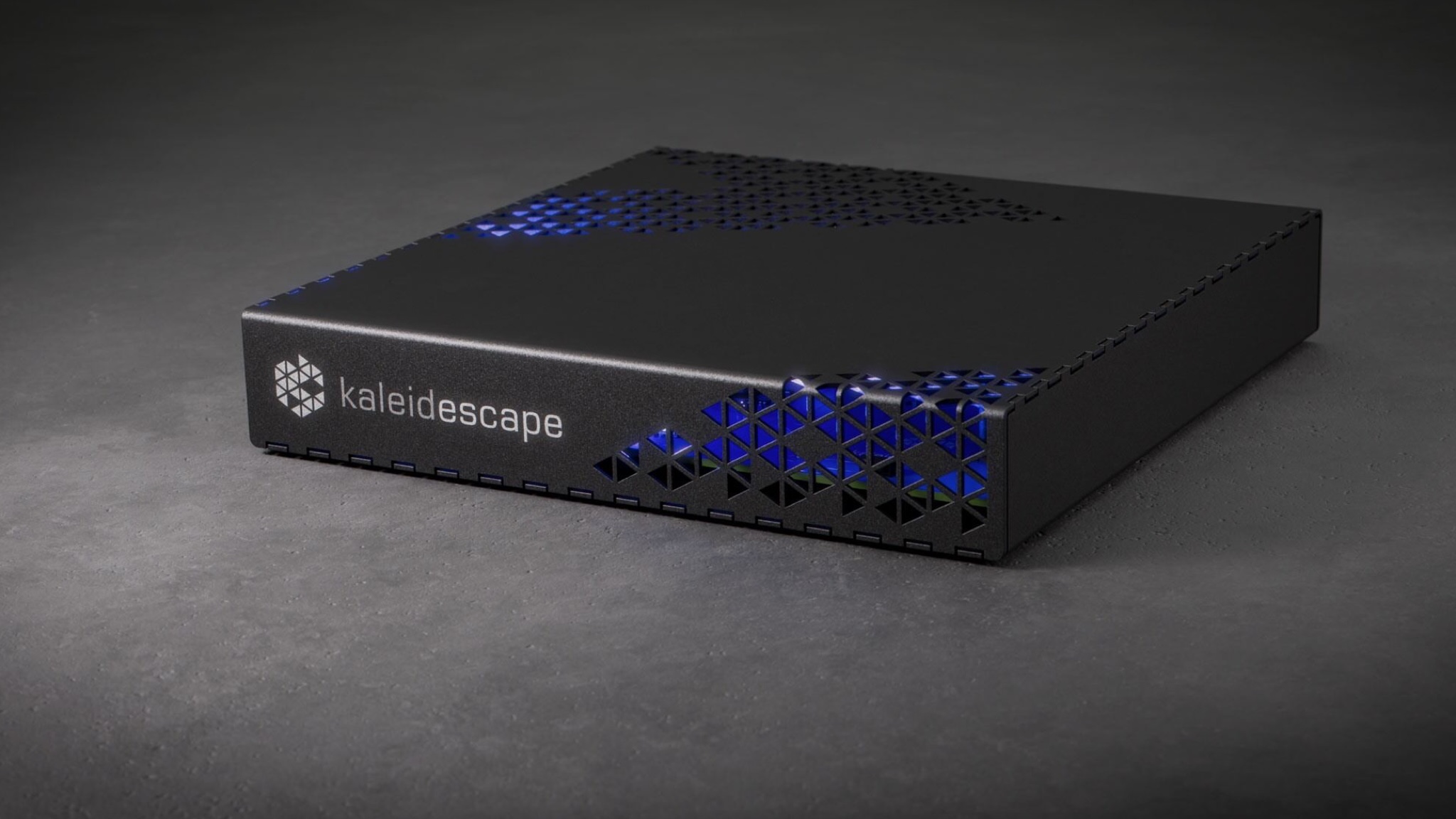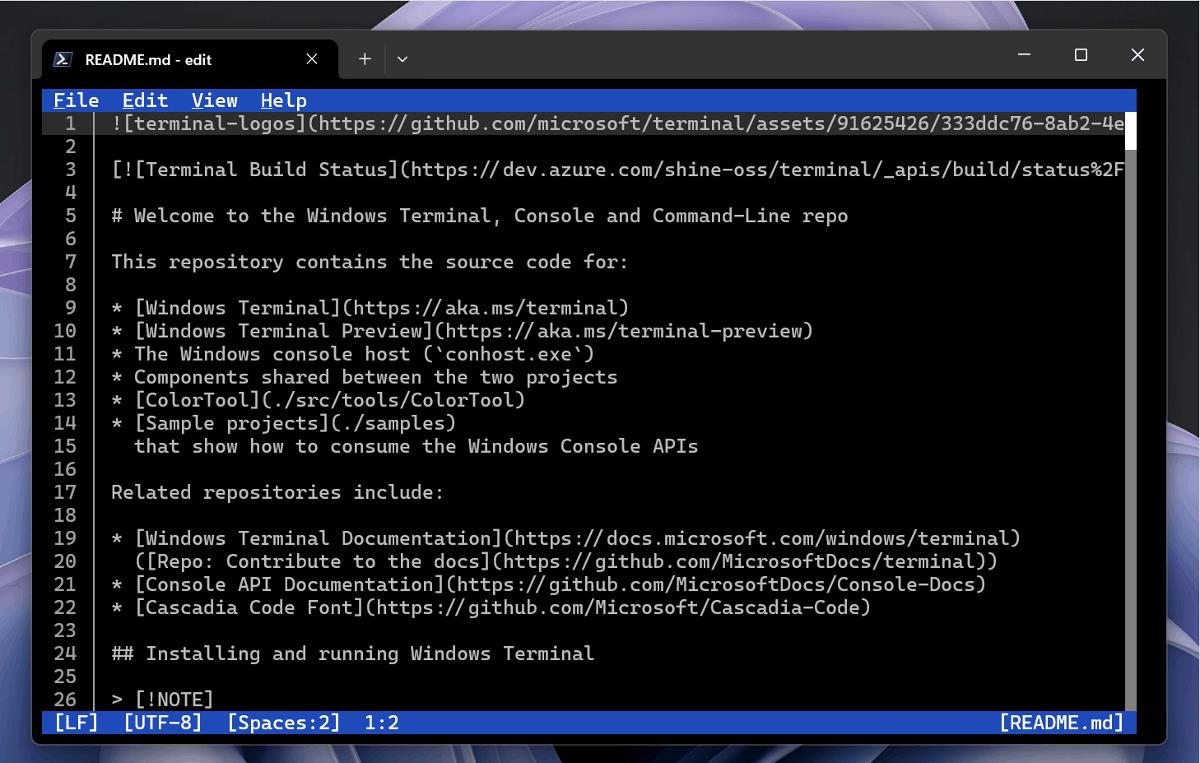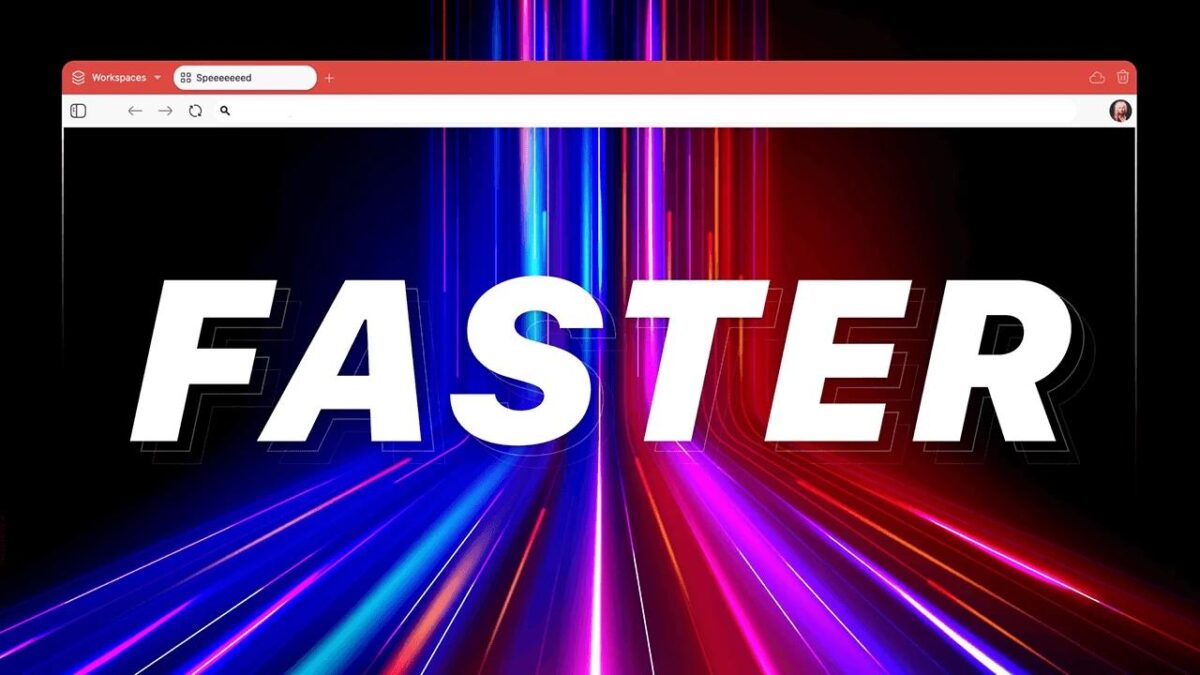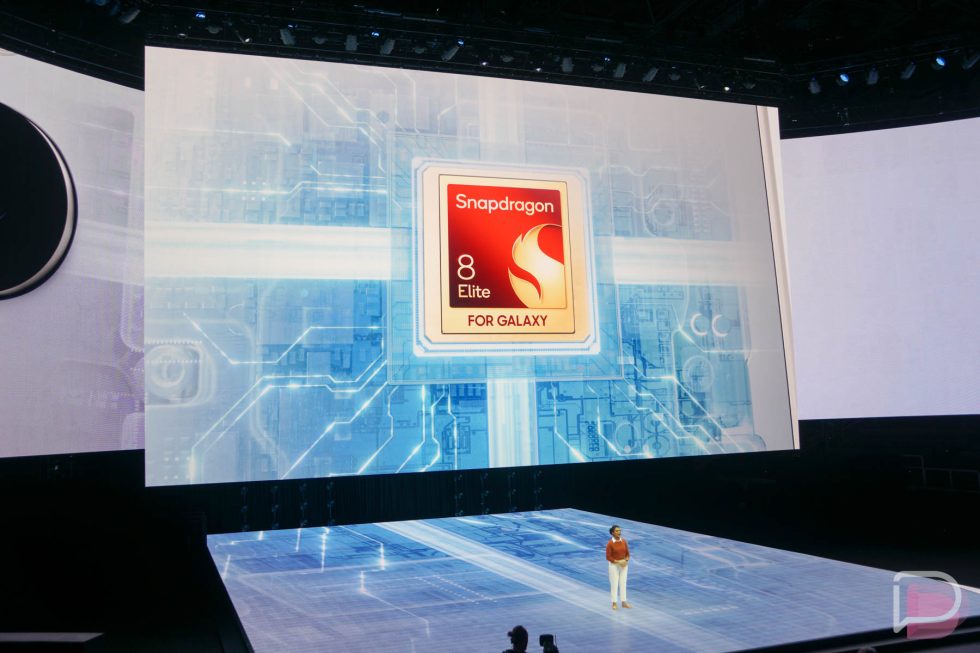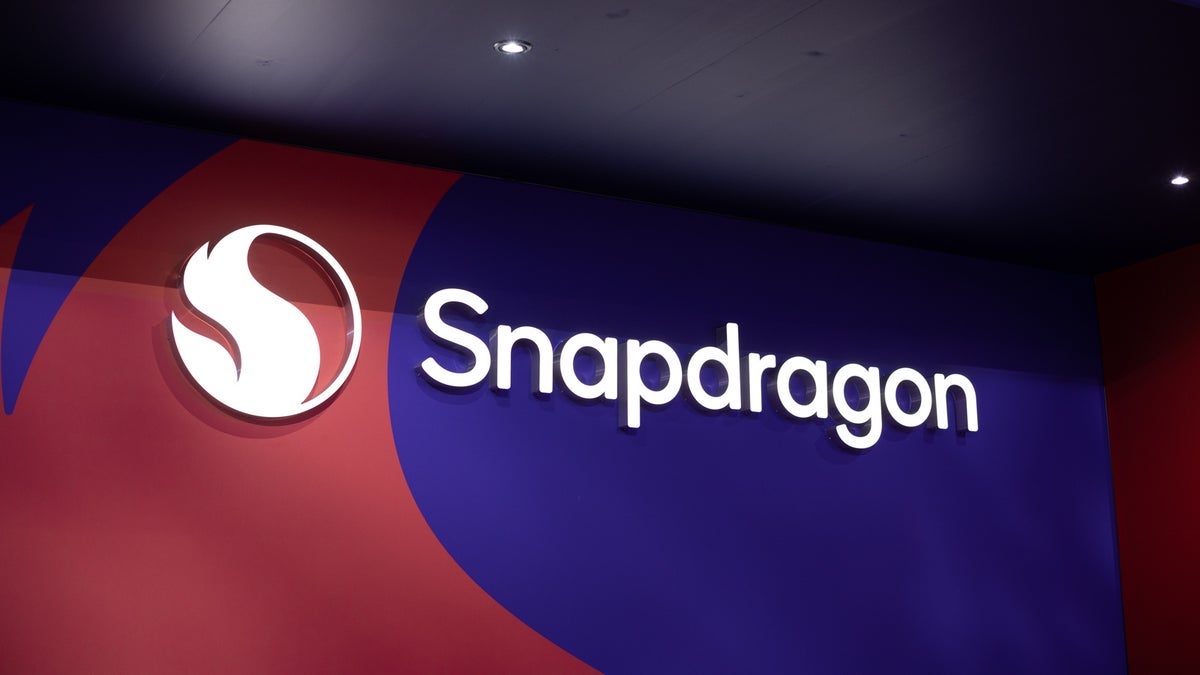Meta Introduces KernelLLM: An 8B LLM that Translates PyTorch Modules into Efficient Triton GPU Kernels
Meta has introduced KernelLLM, an 8-billion-parameter language model fine-tuned from Llama 3.1 Instruct, aimed at automating the translation of PyTorch modules into efficient Triton GPU kernels. This initiative seeks to lower the barriers to GPU programming by simplifying kernel development processes. Technical Overview KernelLLM is trained on approximately 25,000 paired examples of PyTorch modules and […] The post Meta Introduces KernelLLM: An 8B LLM that Translates PyTorch Modules into Efficient Triton GPU Kernels appeared first on MarkTechPost.

Meta has introduced KernelLLM, an 8-billion-parameter language model fine-tuned from Llama 3.1 Instruct, aimed at automating the translation of PyTorch modules into efficient Triton GPU kernels. This initiative seeks to lower the barriers to GPU programming by simplifying kernel development processes.
Technical Overview
KernelLLM is trained on approximately 25,000 paired examples of PyTorch modules and their corresponding Triton kernel implementations. The dataset, known as KernelBook, comprises filtered code from The Stack and synthetically generated samples using torch.compile() and other prompting techniques.
The model employs a supervised instruction tuning approach, utilizing prompt templates that include format examples during both training and evaluation. Training was conducted over 10 epochs with a batch size of 32, using 16 GPUs over approximately 12 hours (192 GPU hours).

Performance Evaluation
KernelLLM’s performance was assessed using KernelBench-Triton, a benchmark designed to evaluate the generation of Triton kernels from PyTorch modules. The model achieved a Pass@1 score of 20.2, outperforming larger models such as GPT-4o (~200B parameters) and DeepSeek V3 (671B parameters), which scored 15 and 16 respectively. With multiple inferences, KernelLLM’s Pass@10 and Pass@20 scores reached 51.8 and 57.1, indicating robust performance in generating correct kernels.
Implications for GPU Programming
By automating the generation of Triton kernels from PyTorch modules, KernelLLM has the potential to streamline the development of GPU-accelerated applications. This could be particularly beneficial for developers seeking to optimize performance without delving into the complexities of manual kernel programming.
The model’s ability to produce efficient kernels may also contribute to more accessible and efficient utilization of GPU resources, potentially impacting areas such as deep learning model training and inference.
Check out the Model on Hugging Face. All credit for this research goes to the researchers of this project. Also, feel free to follow us on Twitter and don’t forget to join our 95k+ ML SubReddit and Subscribe to our Newsletter.
The post Meta Introduces KernelLLM: An 8B LLM that Translates PyTorch Modules into Efficient Triton GPU Kernels appeared first on MarkTechPost.





































































![[The AI Show Episode 148]: Microsoft’s Quiet AI Layoffs, US Copyright Office’s Bombshell AI Guidance, 2025 State of Marketing AI Report, and OpenAI Codex](https://www.marketingaiinstitute.com/hubfs/ep%20148%20cover%20%281%29.png)







































































































![[The AI Show Episode 146]: Rise of “AI-First” Companies, AI Job Disruption, GPT-4o Update Gets Rolled Back, How Big Consulting Firms Use AI, and Meta AI App](https://www.marketingaiinstitute.com/hubfs/ep%20146%20cover.png)













































































































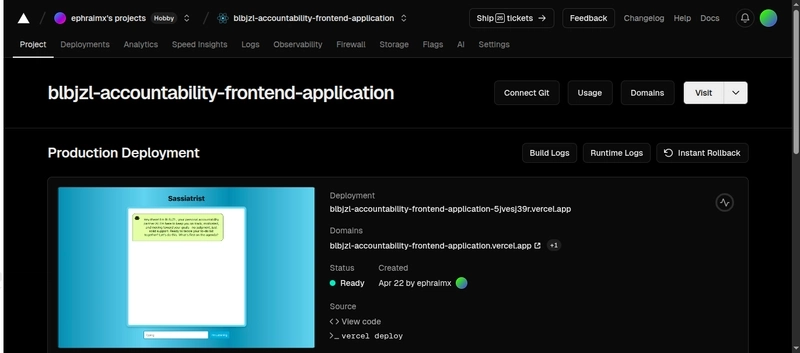

















![How to make Developer Friends When You Don't Live in Silicon Valley, with Iraqi Engineer Code;Life [Podcast #172]](https://cdn.hashnode.com/res/hashnode/image/upload/v1747360508340/f07040cd-3eeb-443c-b4fb-370f6a4a14da.png?#)






















































-(1).jpg?width=1920&height=1920&fit=bounds&quality=70&format=jpg&auto=webp#)

























































.jpg?#)




.png?width=1920&height=1920&fit=bounds&quality=70&format=jpg&auto=webp#)










































































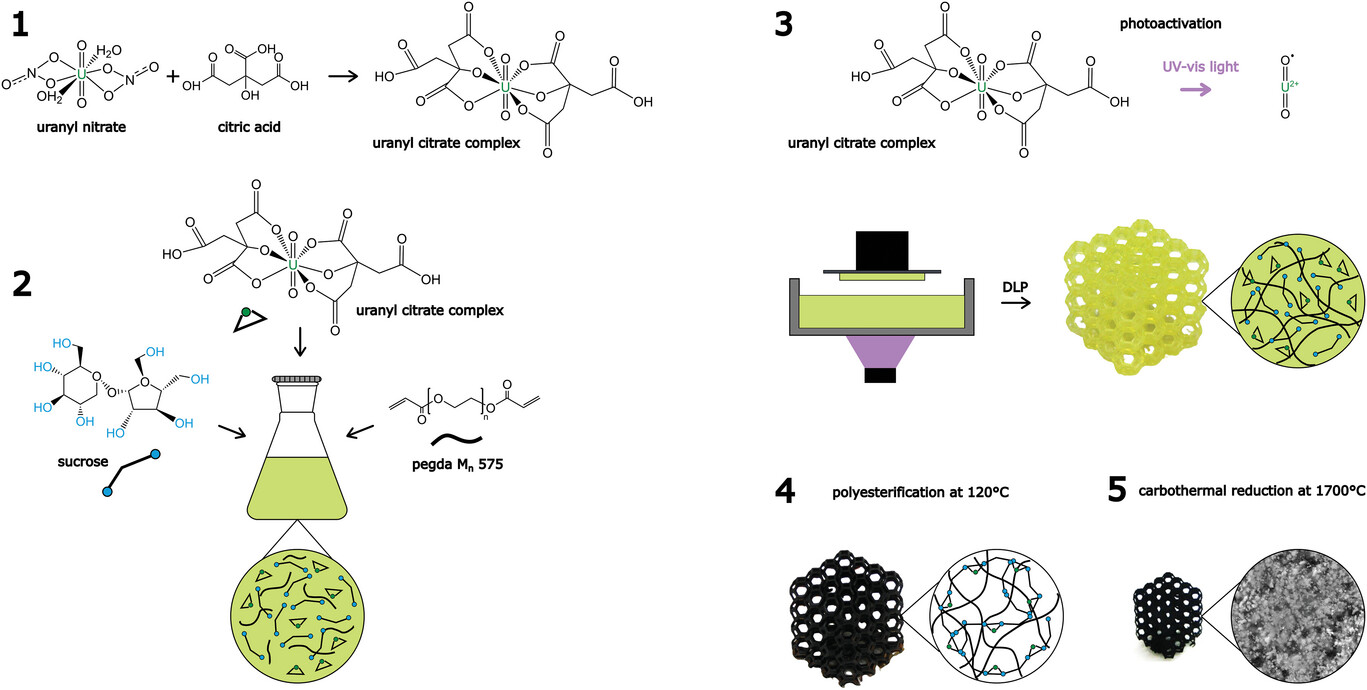
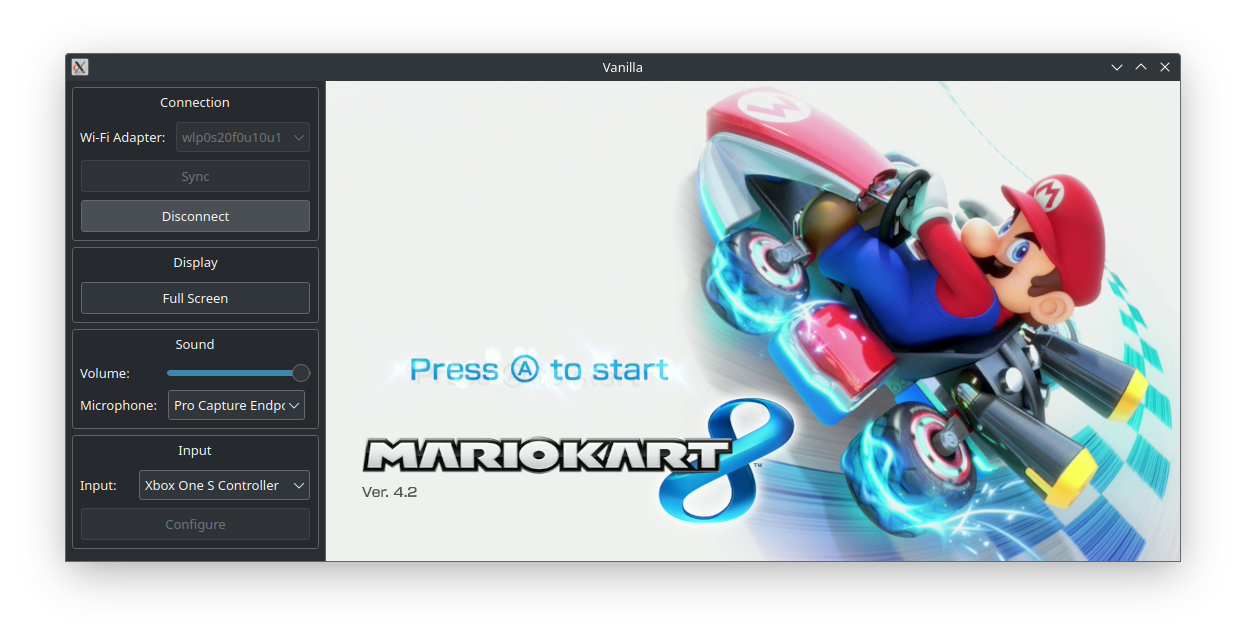
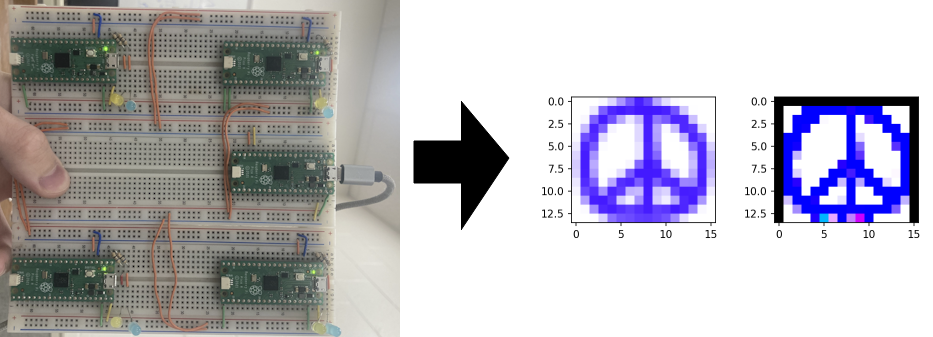









































![What’s new in Android’s May 2025 Google System Updates [U: 5/19]](https://i0.wp.com/9to5google.com/wp-content/uploads/sites/4/2025/01/google-play-services-1.jpg?resize=1200%2C628&quality=82&strip=all&ssl=1)

















![Apple's iPhone Shift to India Accelerates With $1.5 Billion Foxconn Investment [Report]](https://www.iclarified.com/images/news/97357/97357/97357-640.jpg)
![Apple Releases iPadOS 17.7.8 for Older Devices [Download]](https://www.iclarified.com/images/news/97358/97358/97358-640.jpg)
















